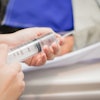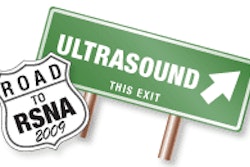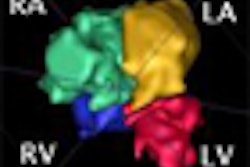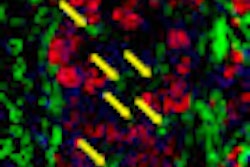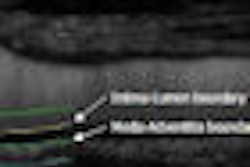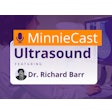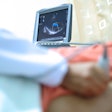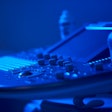Tuesday, December 1 | 10:20 a.m.-10:30 a.m. | VB31-08 | Arie Crown Theater
Breast ultrasound has become a useful tool as an adjunct to screening mammography, but how well would the modality stand on its own as a screening exam? In this presentation, Korean researchers will address this question as it pertains to patient populations who might not be suited to regular mammography screening.The group used screening breast ultrasound in 1,666 patients who had received negative mammograms at Samsung Medical Center at Sunkyunkwan University in Seoul. Patients received mammography and/or ultrasound (n = 1,522), with younger patients receiving only screening ultrasound (n = 144).
The researchers found that in this population of mammography-negative patients, they had an additional cancer detection rate of 6/1,000 patients, with a recall rate of 5.2%. Sensitivity was 60% and specificity was 95.1%. They concluded that breast ultrasound's sensitivity was low compared to mammography, but it turned in a high specificity and positive predictive value.
Screening breast ultrasound is a relatively common tool in Asia, according to study co-author Ji-young Hwang, who is now a fellow at Samsung Medical Center. But few institutions are tracking their outcomes for quality control purposes. The paper represents a relatively simple method for auditing ultrasound screening in mammographically negative women, Hwang said.


